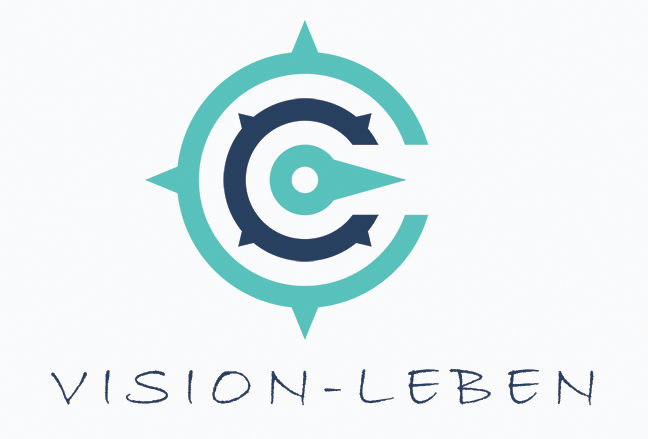In a rapidly changing economy education is the key to success. That’s true whether you are looking to pursue an associate’s degree, a graduate who is seeking master’s level or an executive from a company looking to increase your logistics knowledge and skills. There’s no shortage of educational options to accommodate your schedule, budget and your career goals.
Universities and colleges offer bachelor’s degrees in logistics, supply chain management, transportation and distribution and international trade and customs. These programs give a comprehensive understanding of the field. They cover procurement and sourcing as well as global logistics including inventory management, warehouse management export and import laws, as well as transportation systems.
Professional organizations also offer certifications as well as continuing education courses. The Council of Supply Chain Management Professionals for instance, offers the Certified Logistics Professional designation (CLMP), which requires a bachelor’s degree as well as three years of experience in the industry. The National Contract Management Association offers the Certified Contract Manager (CPCM) designation. This certification focuses on the management of contracts in specific sectors, such as commerce defence, federal and local governments agencies, and education.
While businesses are demanding more education opportunities for rank and file workers They are also looking for programs that are geared to their specific business needs. This is especially true for logisticians who manage the distribution and storage of consumer goods. Therefore, it is essential to research your possibilities and select a program that is best suited to your career requirements. This includes looking at the location and tuition, financial aid and course https://learnlogistics.co.uk/business-management-by-board-room-how-to-create-a-strategic-business-plan/ offerings as well as the staffing.
